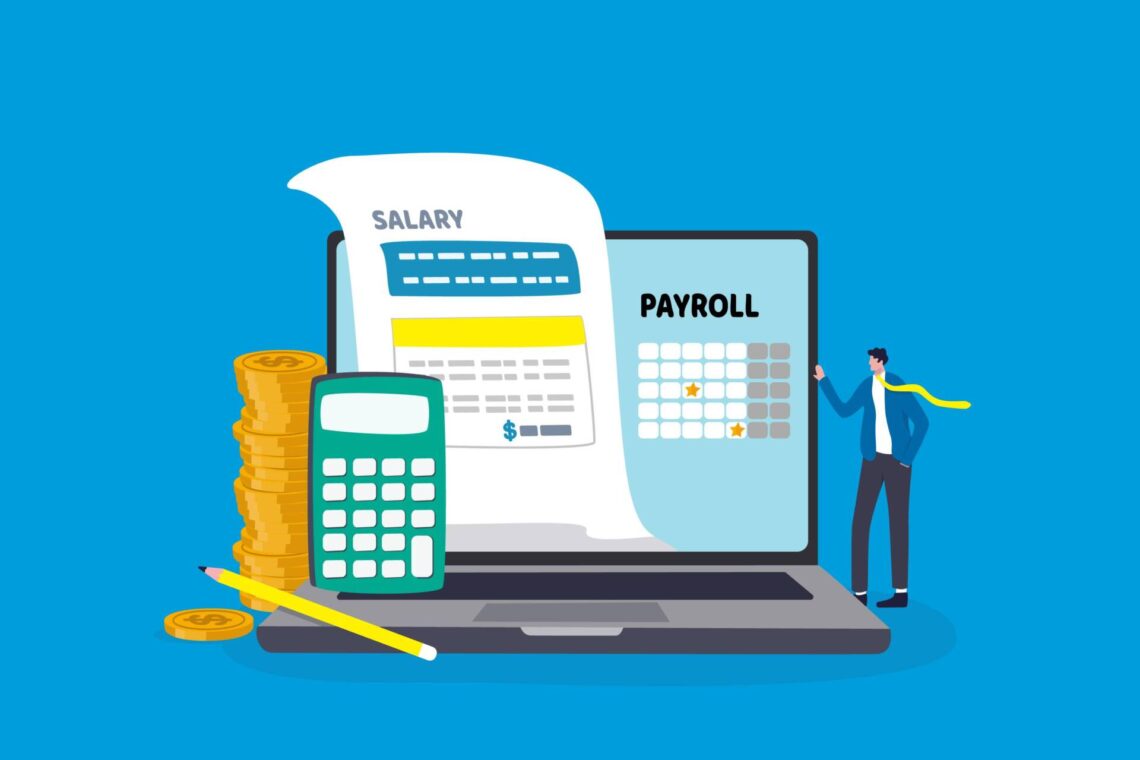When parents think about setting their kids up for the future, investing on their behalf often comes to mind — but it’s important to first understand the tax rules for children.
Whether it’s popping birthday money into a high-interest savings account, buying a few shares, or planning ahead with more structured investments, building wealth early sounds like a smart move. Before diving in, you need to know how the Australian Tax Office (ATO) treats income earned by minors. The tax rules for children aren’t the same as they are for adults, and without the right structure, a big slice of that “future nest egg” could disappear to tax.
At Lemonade Beach, we help you understand the tax implications of investing for your children. We’re not financial planners, so this article won’t tell you where or how to invest — it focuses on what the tax rules mean if your child earns income.
Why Do the Rules Exist?
The ATO knows some families might be tempted to put assets in their kids’ names to access lower tax thresholds. To stop this, special rules apply to income earned by minors (under 18 years old). These rules separate:
- Excepted income (which is taxed just like adult income), and
- Unearned / investment income (which is taxed at much higher rates).
-
Excepted Income – Treated Like Adults
Excepted income includes money your child genuinely earns or receives through certain allowances, such as:
- Wages and salaries (part-time or casual work)
- Payments from deceased estates
- Compensation or damages for personal injury
- Distributions from testamentary trusts
This income is taxed at standard adult rates. So, if your teenager works at a local café, their pay is treated like any other taxpayer’s — they get the same tax-free threshold and lower marginal rates.
-
Unearned / Investment Income – Special Rates Apply
Here’s where things get tricky. If your child earns money from passive investments, such as:
- Interest from bank accounts
- Dividends from shares
- Rental income
- Most trust distributions
then that income attracts higher “penalty” tax rates.
Here’s the breakdown:
- $0 – $416: No tax payable
- $417 – $1,307: Taxed at 66% of the amount over $416
- Over $1,307: The entire amount is taxed at 45%
In practice, even modest passive income in a child’s name can face steep tax.
Example: If your child earns $1,000 in bank interest, the first $416 is tax-free, but the remaining $584 is taxed at 66% — wiping out nearly $385 of their return.
What Does This Mean for Parents?
Investing for children can teach financial responsibility and build long-term wealth, but tax treatment must be considered carefully. Holding investments directly in a child’s name rarely provides the most tax-effective outcome.
Many families instead explore:
-
Investing in a parent’s name – sometimes more tax-efficient depending on your own marginal rate.
-
Education or investment bonds – often more tax-friendly if you meet the conditions.
-
Trust structures – can provide flexibility, though most distributions to minors still attract penalty rates unless classed as excepted income.
The right option depends on your family’s financial goals, income, and risk appetite. Getting professional advice before setting anything up helps you make informed decisions.
How We Can Help
At Lemonade Beach, we:
-
Explain the tax outcomes of different investment structures.
-
Advise on record-keeping and reporting obligations to prevent ATO issues.
-
Collaborate with your financial planner to ensure your strategy remains tax-smart.
We don’t provide financial planning advice — that’s your planner’s domain — but we make sure your accounting and tax position supports your long-term goals.
The Bottom Line
Investing for your kids is a wonderful gift, but the tax rules mean you need to plan carefully. Without the right setup, much of the return could vanish before your child benefits.
If you’re considering starting an investment for your children, talk to us about the tax side. We’ll help you understand the rules, avoid unnecessary tax headaches, and make sure your forward planning truly pays off for your child’s future.





